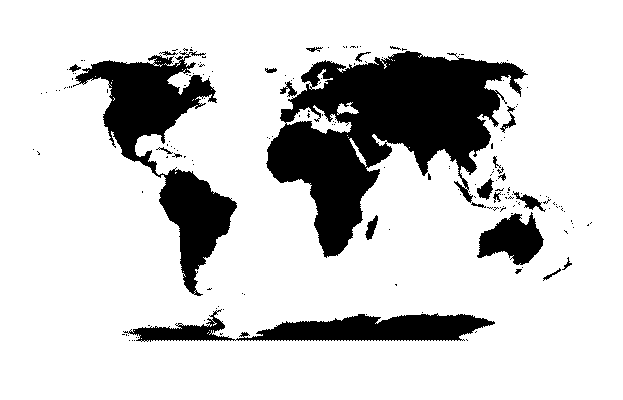
Cyberbullying has become a major problem in this world. Over the past decade, this type of bullying has claimed the lives of many children and adolescents across the globe. It is estimated that half of adolescents have been the victims of cyberbullying. An astonishing one in three children and teens have been victims of online cyberthreats.
The statistics are startling, but not all hope is lost. Because cyberbullying has become such a damaging and deadly issue, lawmakers have created cyberbullying laws to help protect victims from online bullies and to bring these bullies to justice.
There are several states, countries, and territories across the globe that have implemented strong and seemingly effective cyberbullying laws. Although some locations are prepared to crack down on cyberharassment, others are still catching up with the times. View our list displaying countries and states with strong, average, and loose cyberbullying laws.
The strongest cyberbullying laws in the world:
-
Canada- Under the Education Act, individuals who engage in cyberbullying face suspension from school. Repeat bullies may also face expulsion and possible jail time.
-
United Kingdom- Under the Malicious Communications Act, cyberbullying could result in six months or more in prison and a hefty fine.
-
Idaho- Under "Jared's Law," a student who engages in cyberbullying is found guilty of a misdemeanor.
-
Hawaii-Under the SB2094 law, a student who engages in cyberbullying is fined $100 per offense.
-
Louisiana-Under H.B.1259, Act 989, a student who engages in cyberbullying is fined $500 or imprisonment for up to six months.
-
Maryland-Under "Grace's Law," cyberbullies are charged with a misdemeanor, a prison sentence of one year, and a $500 fine.
-
North Carolina- Under 14-458.1, defendants who are over the age of 18 and engage in cyberbullying are charged with a class one misdemeanor. If the defendant is under the age of 18, they are charged with a class two misdemeanor.
-
Tennessee- Under S.B.113, a student engaged in cyberbullying and online threats is punished with a misdemeanor, with up to a year imprisonment. The cyberbully also faces a $2,500 fine.
-
Wisconsin- Under 947.0125, if a student uses computers unlawfully, they are charged with a class B misdemeanor and a fine of $1,000. They could also face a prison sentence of three months.
Areas with medium-level cyberbullying laws:
-
Philippines- Under Republic Act 10627, it is up to the schools to implement policies to address cyberbullying. If school administrators do not comply with the Republic Act, they face sanctions.
-
Australia- Under the Federal Nature of Law, cyberbullying laws vary from territory to territory. The laws in each territory take three forms: Actions by state, lawsuit by the victim, and "Articulate of Industry Codes."
-
United States- The following states have implemented cyberbullying laws that punish the cyberbully with suspension or expulsion: California, Connecticut, Colorado, and Illinois.
-
In New Jersey, the punishment for cyberbullying ranges anywhere from detention to expulsion.
-
In Vermont, the punishment for cyberbullying is expulsion.
The loosest cyberbullying laws:
-
United States- The following states have policies in place, but no concrete laws to protect victims of cyberbullying: Georgia, Kansas, Kentucky, and Massachusetts. In these states, it is up to the schools to decide an appropriate punishment.
-
In Montana, there are no laws to protect the victims of cyberbullying, but some schools do have policies outlined in their student handbooks.
There is no doubt that there is a need for strong anti-cyberbullying legislation everywhere. As we all know, cyberbullying can severely impact the victim and their loved ones. Victims can become withdrawn, anxious, depressed, and could potentially resort to suicide in order to end the emotional pain. Cyberharassment leaves victims helpless, in and out of school. Many believe that the permanent nature of the Internet combined with the easy ability to circulate and spread an incident of cyberbullying makes this type of harassment more harmful than traditional, face-to-face bullying.
Obviously, there is more work to be done in terms of implemeting strong anti-cyberbullying laws in all developed countries. However, it is a positive thing to see that many states and countries are beginning to take measure that recognize the vast emotional and physical harm that can result from cyberbullying. Hopefully, schools and laws across the globe will see a growth in the implemention of strong anti-cyberbullying policies.


